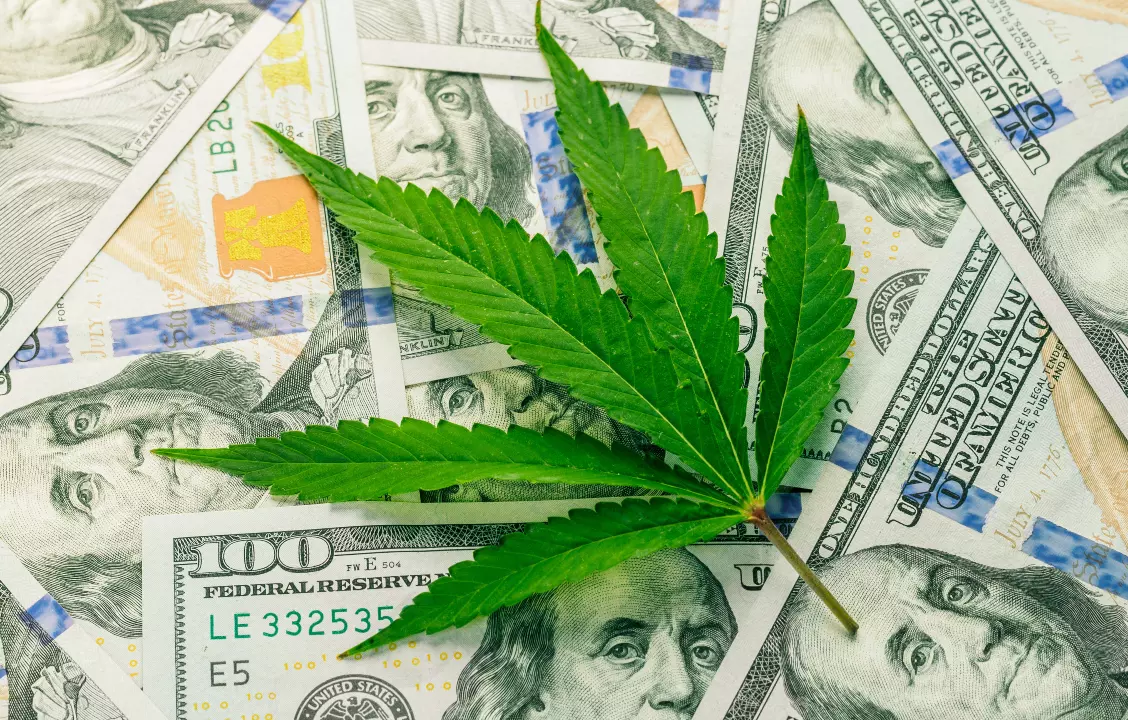(This story first appeared at Hemp Industry Daily.)
Cannabis operators making or selling delta-8 THC are pointing to two recent comments from U.S. Drug Enforcement Administration officials that suggest states lining up to ban the isomer might be going too far.
The comments came in little-noticed state advisories about intoxicating THC isomers that are rare in the plant but easily made from extracted CBD.
First, DEA liaison Sean Mitchell told a Florida panel of hemp operators on a recorded call in June that “the only thing (in hemp) that is a controlled substance is delta-9 THC greater than 0.3% on a dry-weight basis.”
The next consideration came in a September letter to the Alabama Board of Pharmacy in which Terrence Boos, the head of the DEA’s Drug and Chemical Evaluation section, told regulators that THC “synthetically produced from non–cannabis materials” is controlled.
Because delta-8 THC products are commonly converted from CBD that’s first extracted from hemp flower, some advocates say the Alabama letter suggests that the cannabinoid isomer isn’t federally illegal unless it comes from “non-cannabis materials.”
The learning curve for entering the cannabis industry is steep. Start with the fundamentals.
MJBiz Cannabis 101 Email Course
A 10-part email course designed to educate new hires and aspiring professionals on the key fundamental areas of the legal cannabis industry, including:
- History of legal cannabis in America
- Overview of plant-touching + ancillary business sectors
- Cannabis finance and investing
- Cannabis marketing and brand building
- Employment + hiring opportunities
- And much more!
Gain a comprehensive understanding of this complex industry with this free resource.
Cannabis attorneys seized on the pair of comments this week as validation that delta-8 THC might not violate federal drug law if it comes from hemp.
The nonbinding policy statements come after more than a dozen states banned the THC isomer or limited it to marijuana retailers.




